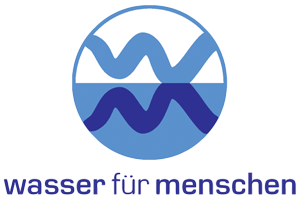Members of WfM working on our projects can rely on a large and multifaceted network of international experts in the sciences, handicrafts, and other relevant knowledge. It is through this network that our relatively small organization is able to develop and share practical knowledge and bring this to our projects. In return, we are able to receive from our local Ugandan partners valuable experiential knowledge about their projects, the structures within they operate, and the people of their area.
WfM is not only concerned with its own projects but is also involved in sharing information with other organizations working in the area of development. This is why WfM also cooperates with other organizations if requested.
